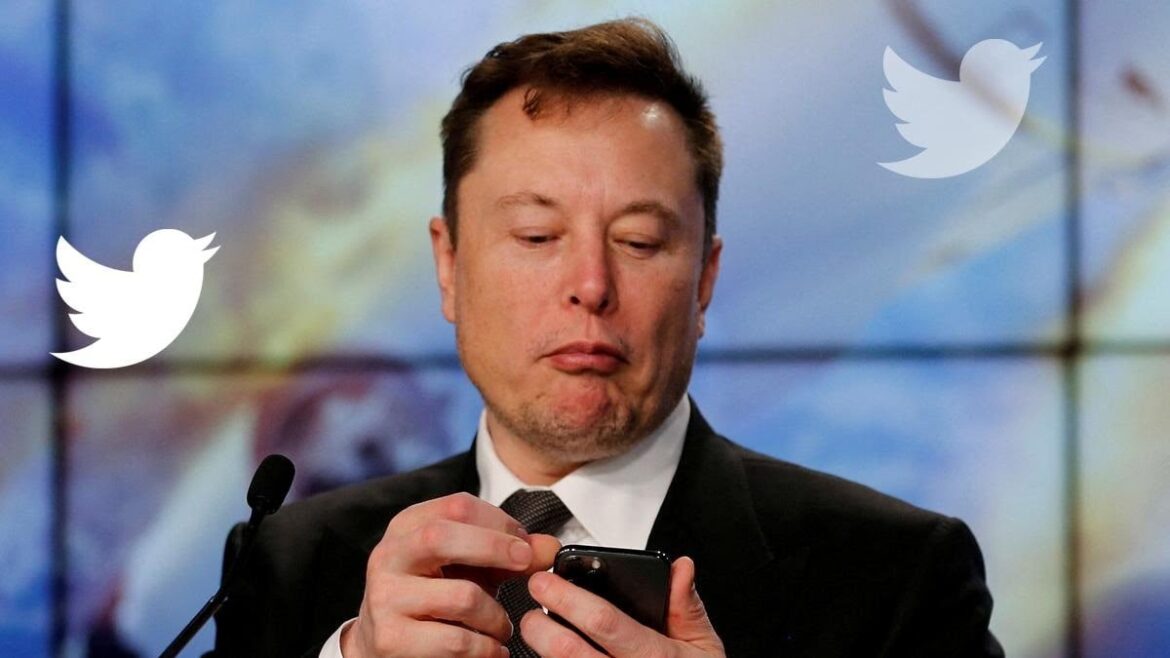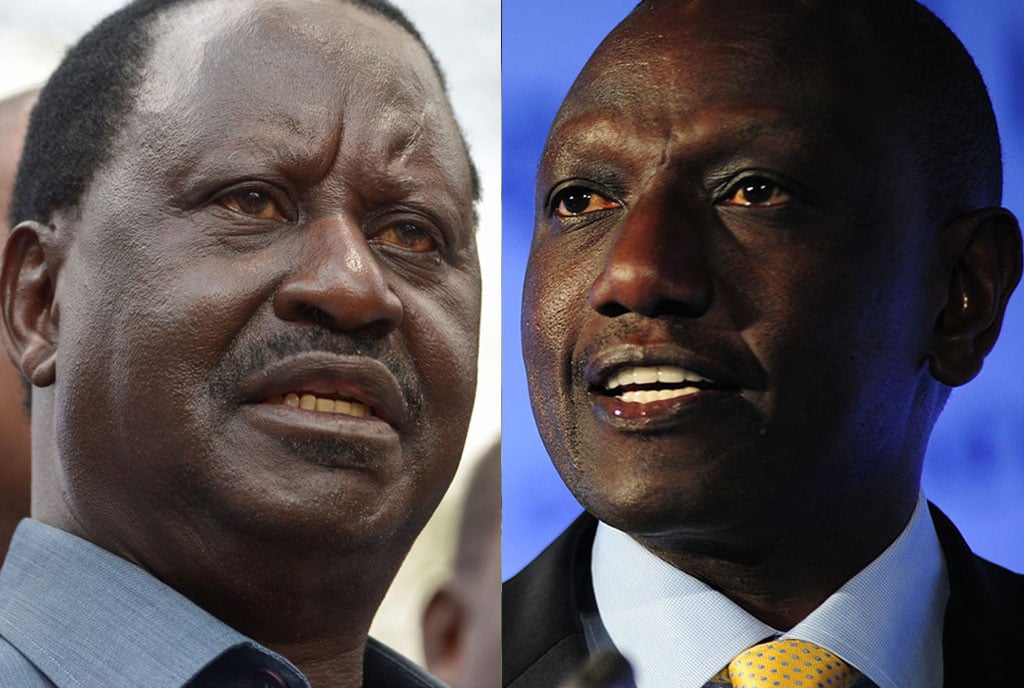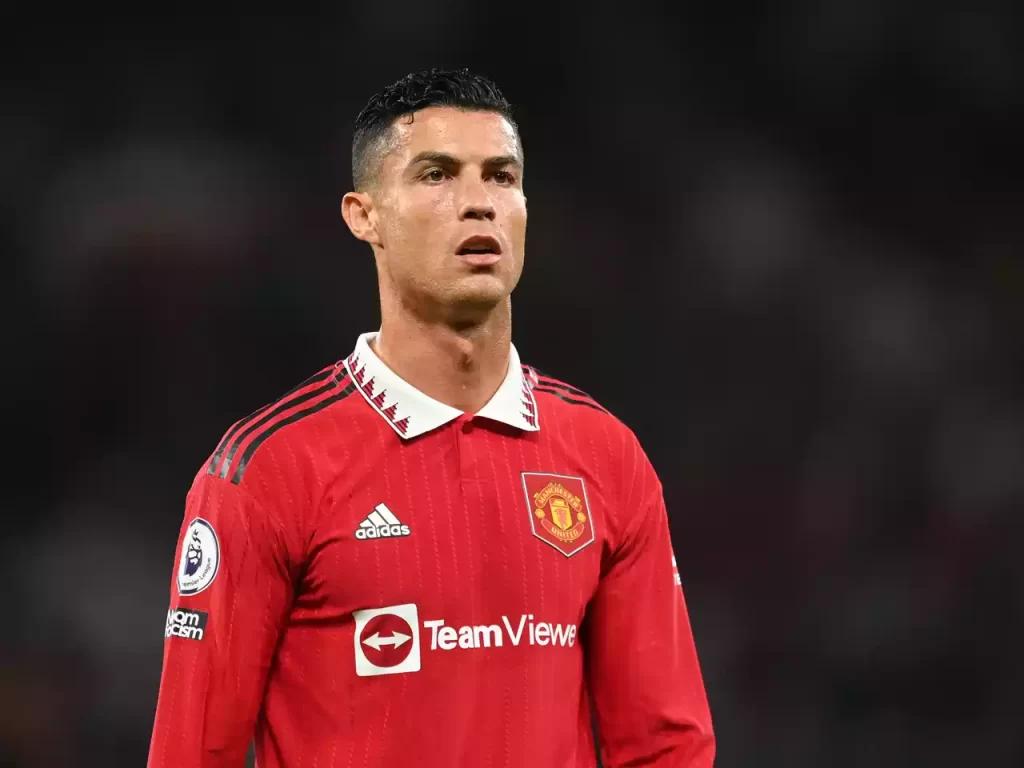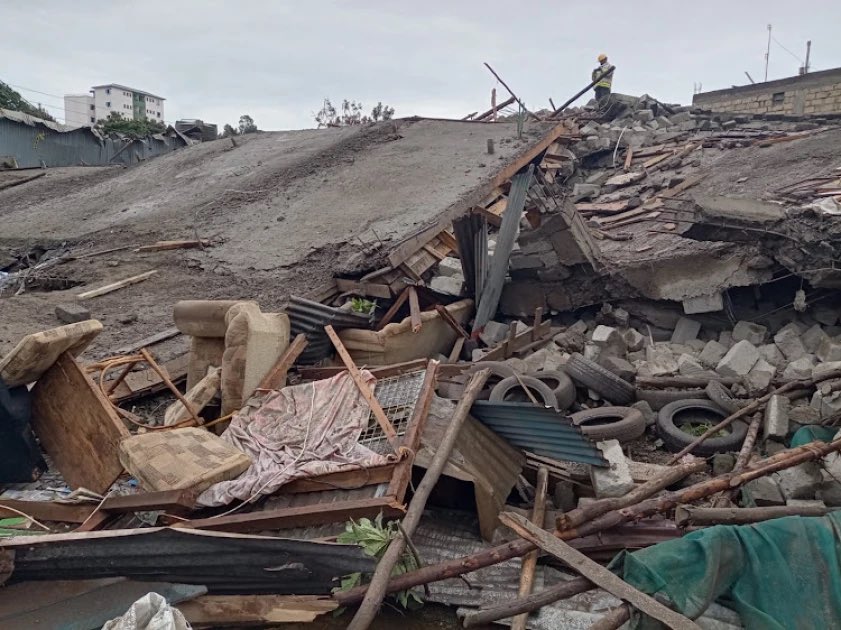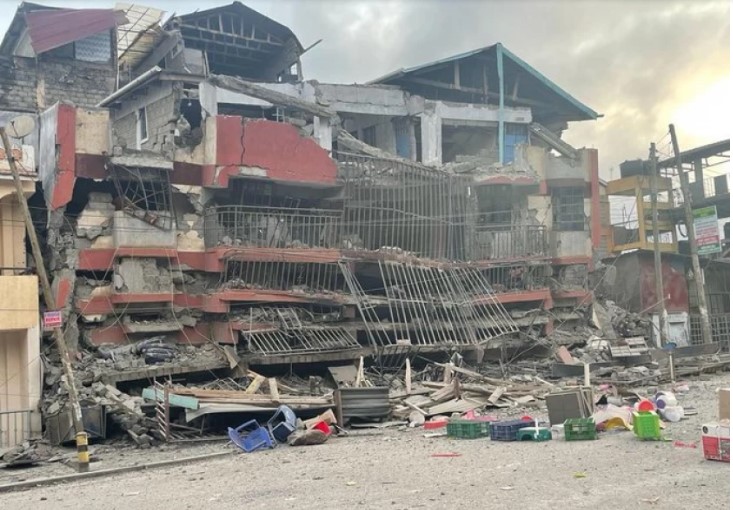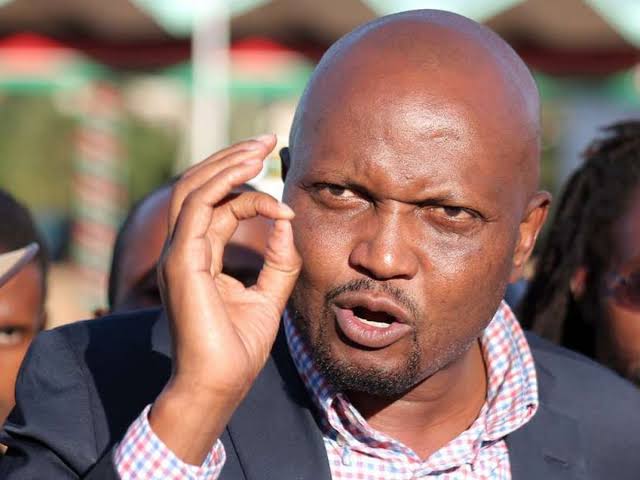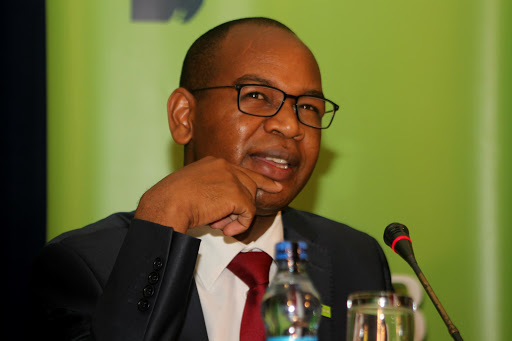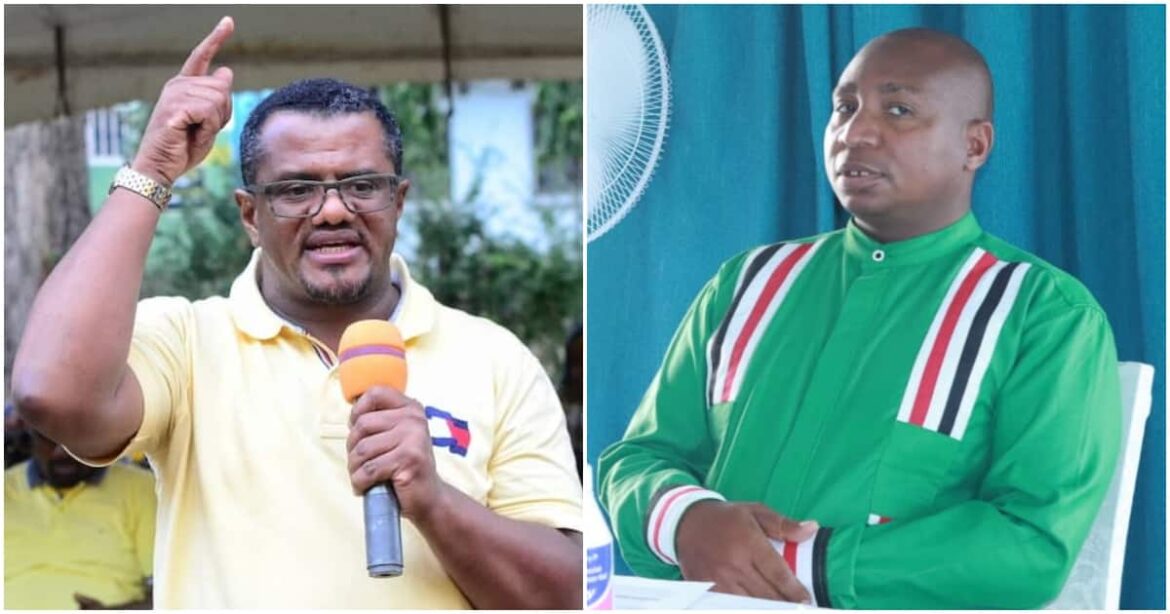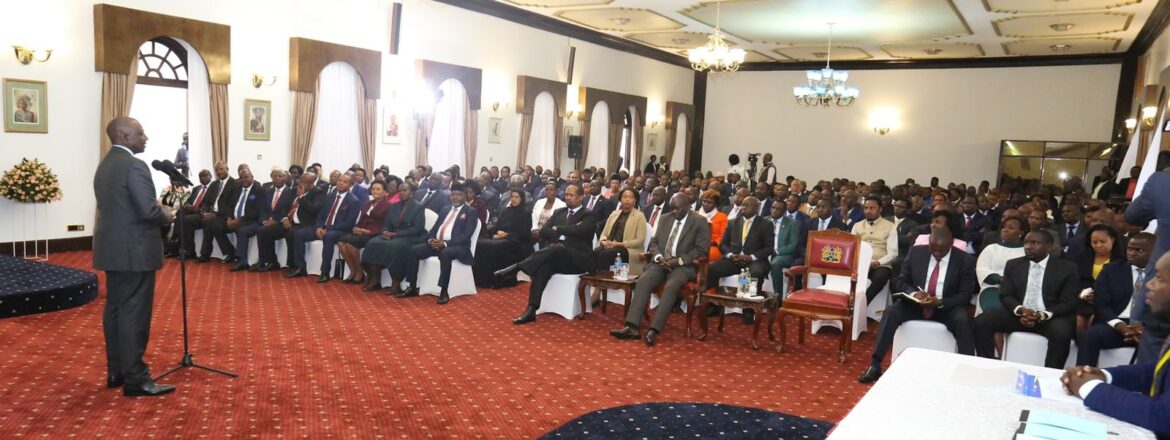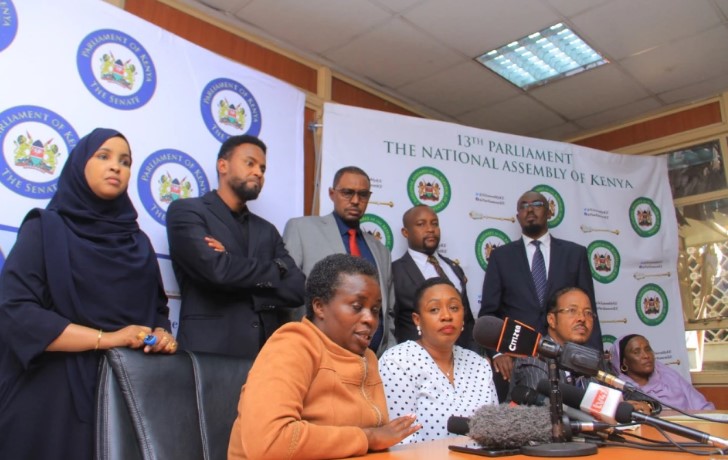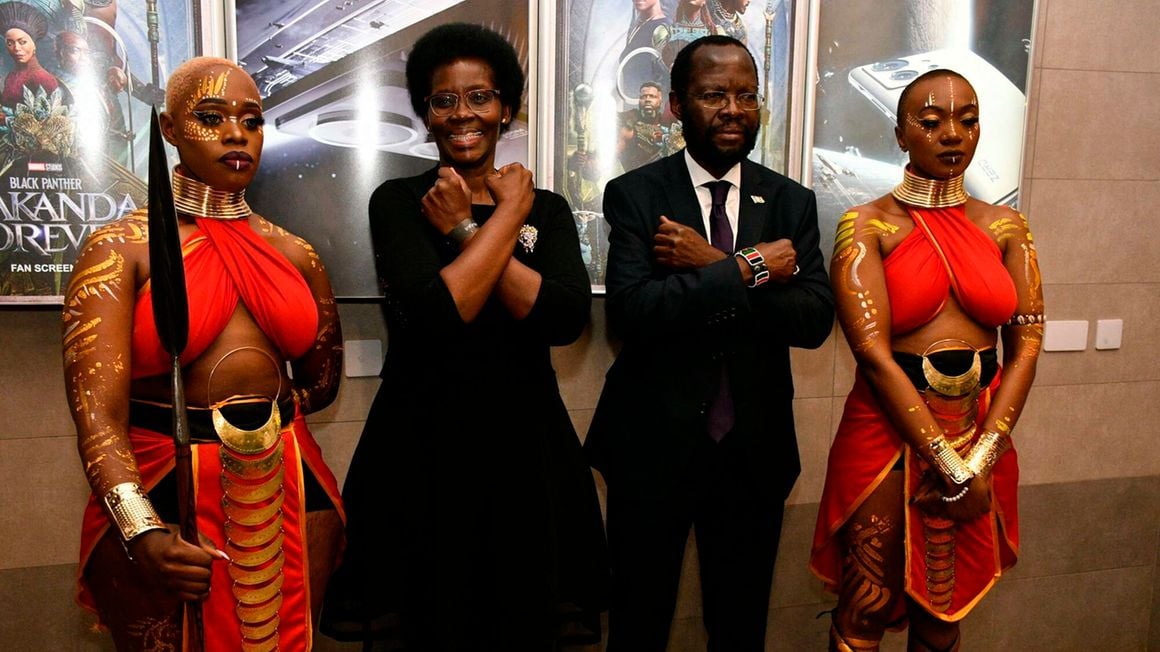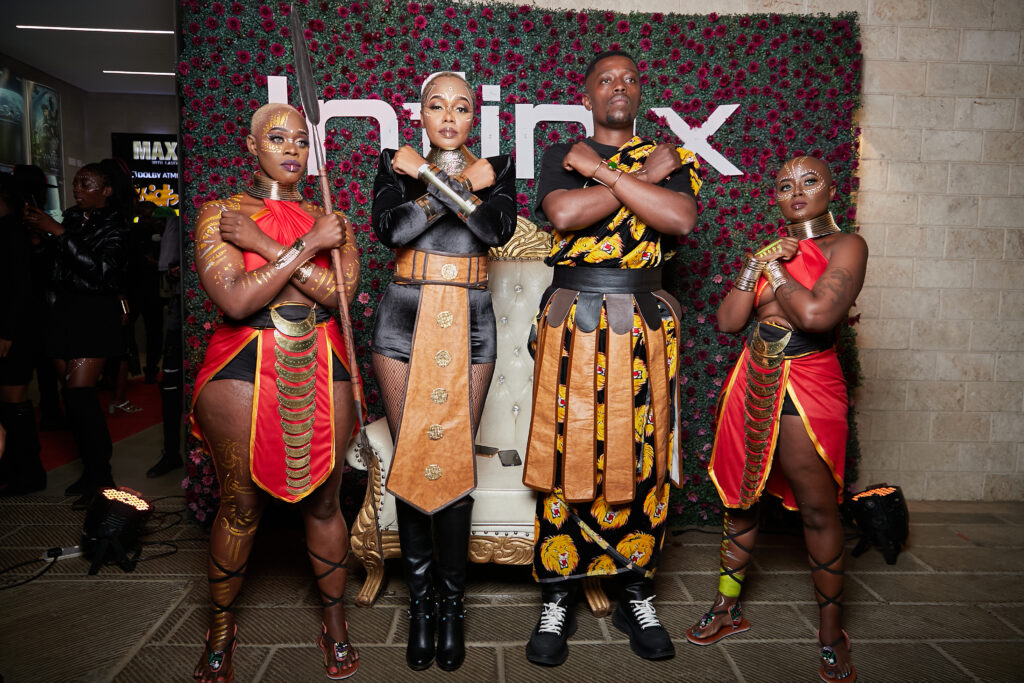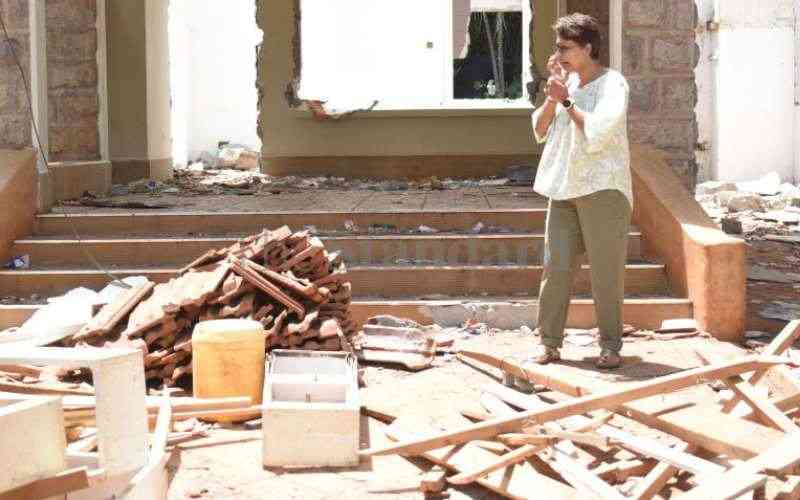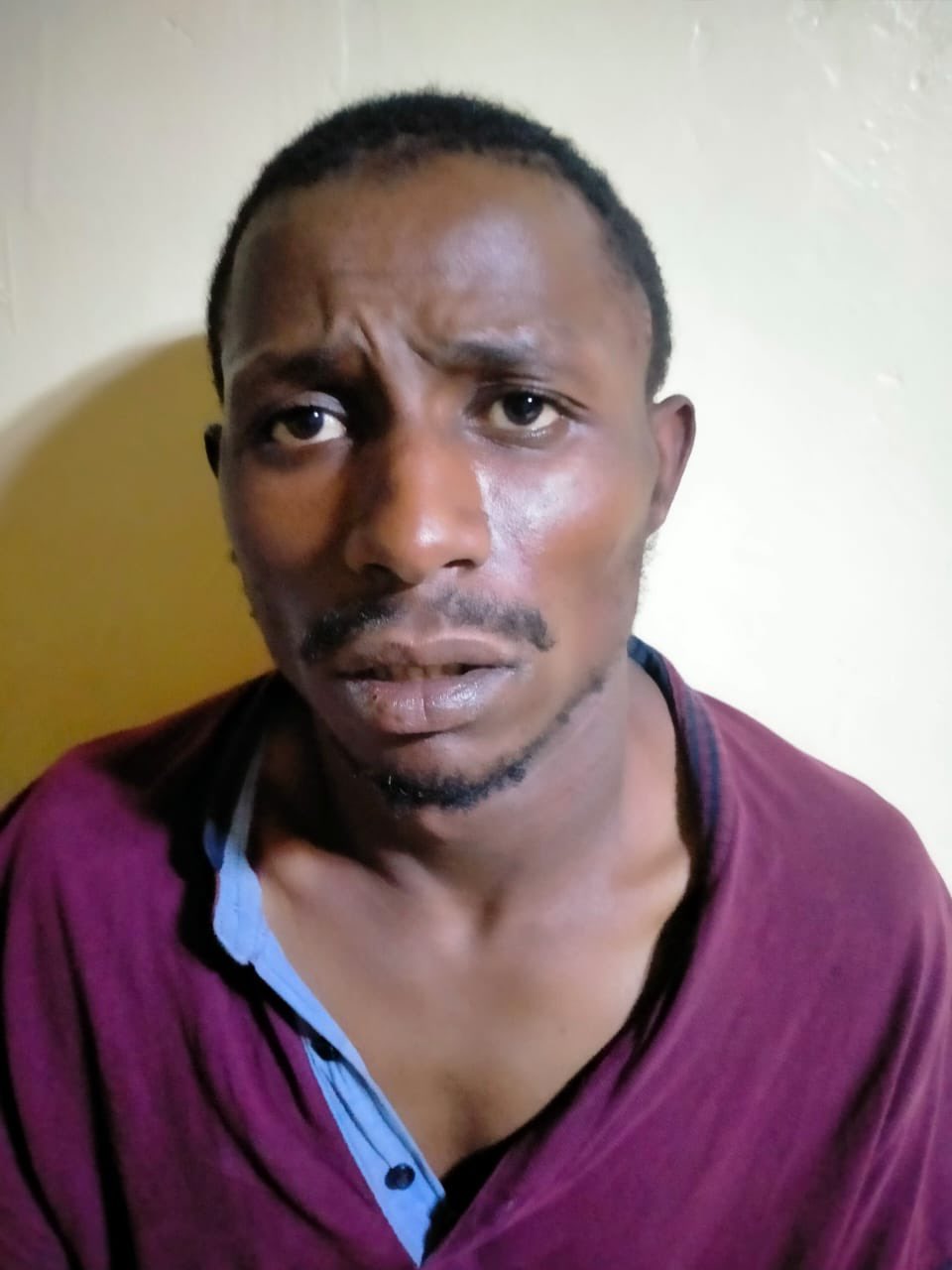Twitter users may soon witness a massive follower count drop on their accounts.
This is after the new Twitter owner Elon Musk Thursday morning announced that the micro-blogging platform is currently purging a lot of spam or scam accounts.
As a result, Elon Musk warned that Twitter users may see a drop in their follower account.
“Twitter is purging a lot of spam/scam accounts right now, so you may see your follower count drop,” tweeted Elon Musk.
Elon Musk has been promising Twitter users that he will get rid of the accounts that deal with spam and scam.
He also claims that bots are big problem for the platform. We can’t be certain if this purge will also decrease the overall presence of bots on the micro-blogging platform.

